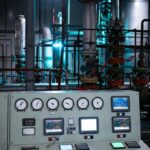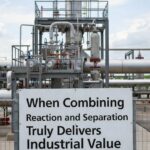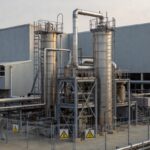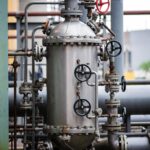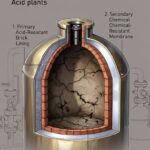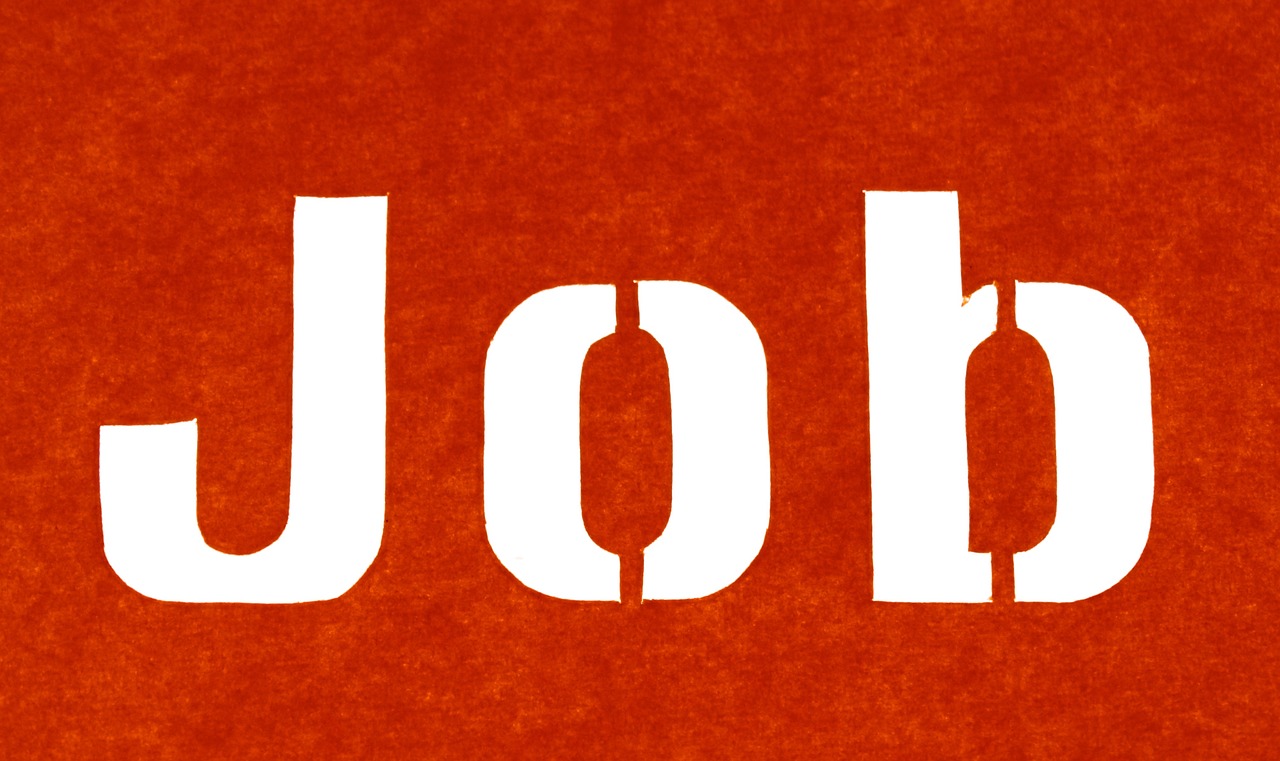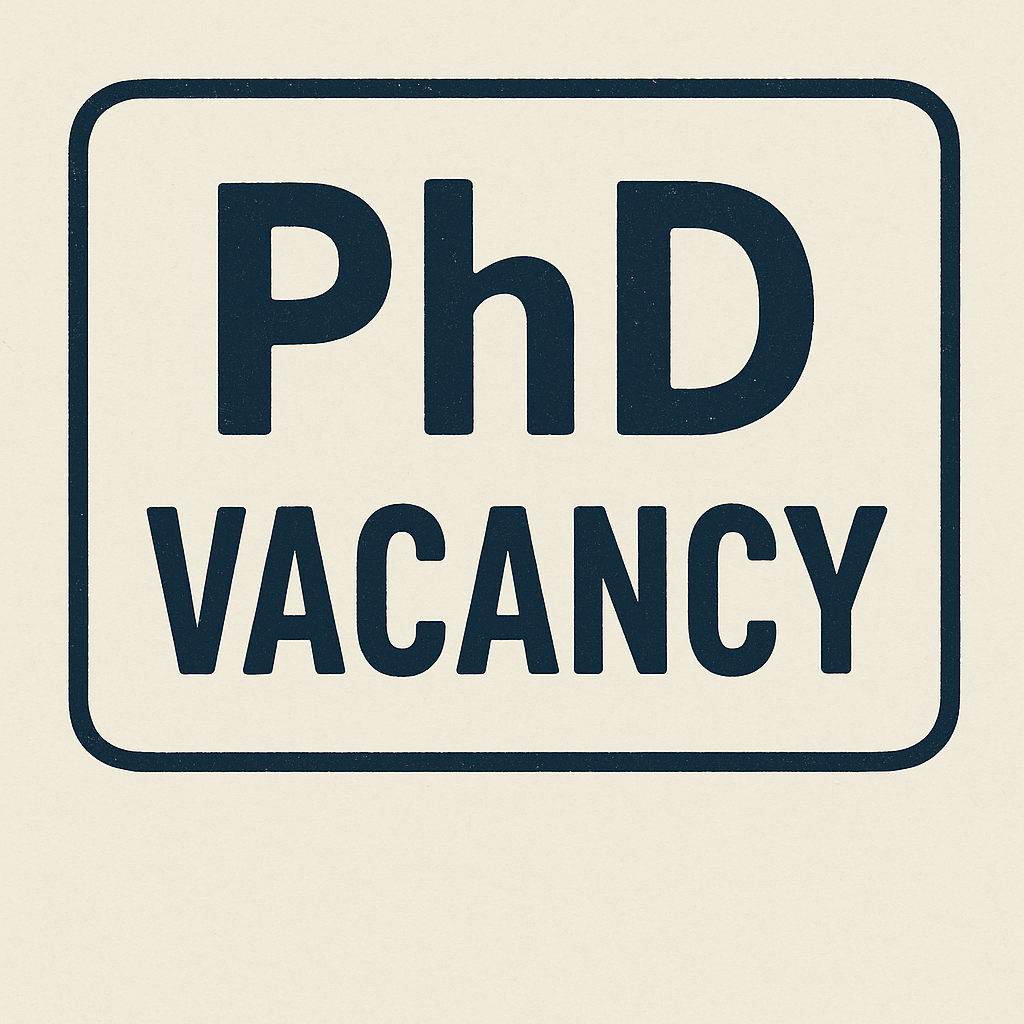In the dynamic and demanding field of chemical technology, securing a role often hinges on demonstrating both deep technical expertise and practical problem-solving abilities. Whether you’re preparing for a job interview or seeking to refine your knowledge, understanding the key areas of focus can greatly enhance your readiness. This article explores 50 crucial interview questions for chemical technology professionals, covering a broad spectrum of topics from fundamental principles to advanced problem-solving.
Here’s a comprehensive list of 50 interview questions that cover a broad range of topics relevant to chemical technology:
General Chemical Technology Questions
- Can you describe your experience with chemical process design and optimization?
- What are the key principles of chemical engineering?
- How do you ensure safety in a chemical plant?
- Explain the role of a chemical technologist in a manufacturing setting.
- What software tools are you proficient in for process simulation and design?
- Describe a challenging project you worked on and how you overcame the difficulties.
- How do you stay updated with advancements in chemical technology?
Chemical Reactions and Processes
- What is the difference between batch and continuous processing?
- Explain the concept of stoichiometry and its importance in chemical reactions.
- How do you determine the appropriate reaction conditions for a chemical process?
- Describe the process of scaling up from a laboratory to a production scale.
- What are the factors affecting reaction rates?
- How do you handle exothermic and endothermic reactions in a plant?
- Can you explain the significance of reaction equilibrium?
Process Control and Optimization
- What is process control, and why is it important in chemical manufacturing?
- Describe the use of control charts in process monitoring.
- How do you optimize a chemical process for cost efficiency?
- What methods do you use to troubleshoot process issues?
- Explain the concept of process dynamics and its impact on chemical operations.
- How do you handle process disturbances and deviations?
- What is a PID controller, and how does it work?
Chemical Safety and Environmental Concerns
- What are the main safety concerns in chemical manufacturing?
- Describe the process of conducting a risk assessment for a chemical plant.
- How do you manage hazardous materials and waste?
- What are the regulations for chemical handling and disposal?
- Can you discuss any experience you have with environmental impact assessments?
- What is your approach to ensuring compliance with OSHA or EPA regulations?
- How do you address and mitigate potential chemical spills or leaks?
Equipment and Instrumentation
- What types of chemical reactors are you familiar with?
- How do you select the appropriate equipment for a chemical process?
- Describe your experience with analytical instruments used in chemical analysis.
- What is the importance of calibration in chemical instrumentation?
- How do you maintain and troubleshoot chemical processing equipment?
- What experience do you have with automation and instrumentation in chemical processes?
Chemical Product Development
- Describe the process of developing a new chemical product from concept to commercialization.
- How do you ensure product quality during the development phase?
- What methods do you use for market research and analysis for chemical products?
- How do you handle intellectual property concerns in product development?
- Can you discuss any experience with regulatory approval processes for chemical products?
- What strategies do you use to scale up laboratory results to a production environment?
Analytical and Testing Methods
- What are some common analytical techniques used in chemical technology?
- How do you validate and verify analytical test results?
- Describe the process of troubleshooting analytical instrumentation.
- What role does spectroscopy play in chemical analysis?
- How do you ensure the accuracy and precision of test results?
General Problem-Solving and Critical Thinking
- Describe a situation where you had to make a critical decision under pressure.
- How do you approach problem-solving in a complex chemical process?
- What is your process for evaluating and implementing process improvements?
- Can you give an example of how you have applied theoretical knowledge to a practical problem?
- How do you prioritize tasks and manage time effectively in a fast-paced environment?
These questions are designed to assess both your technical expertise and practical experience in the field of chemical technology. Be prepared to provide detailed examples and explanations to demonstrate your knowledge and skills effectively.

